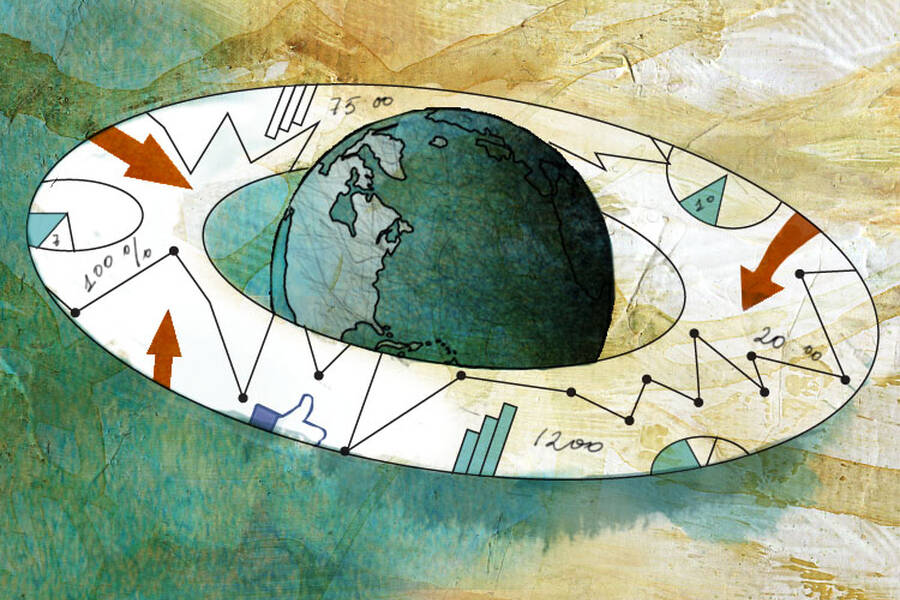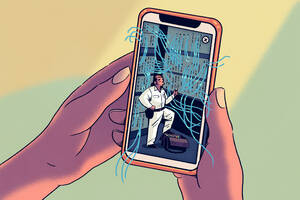Innovation Jul 6, 2015
Watson Is Just the Beginning
How machine learning will change education, product development, and decision-making.

At the Kellogg School’s first Computational Social Science Summit, David Ferrucci, the lead scientist behind IBM’s Watson computer, sat down with Kellogg School professor Brian Uzzi to discuss how machine learning and artificial intelligence will become central to the future of business.
In the first of these videos, Ferrucci gives an overview of the five ways machine learning will be transformative. In the following videos, he goes into detail on each point.
Smarter Devices
Devices are getting smarter and smarter, from hearing aids that filter noise, to driverless cars that adapt to specific road conditions.
Decision Making
Machines help users improve decision making by reminding us what we know, pointing us to what we do not, and removing our blind spots.
Revolutionary Personalization
Netflix and Amazon are just the beginning of a world of specialized products and services.
Education
Smarter machines are freeing up students to collaborate, solve problems, design, and innovate.
Cultural Transformation
Human-machine partnerships are part of a greater cultural transformation.



